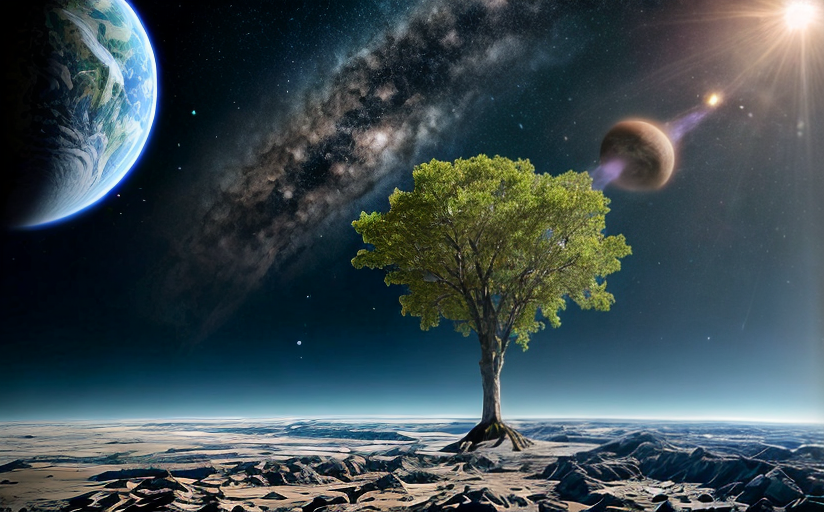Impact of Space Exploration on Environment Sustainability
Space exploration, a term that evokes images of humans venturing into the unknowns of the cosmos, conjures up exciting prospects for our future. However, it also raises many environmental concerns, particularly with regards to sustainability. This article aims to provide an in-depth exploration of the potential impacts of space exploration on our environment.
Potential Impacts and Concerns
Space exploration involves the use of various materials and processes, each with their own potential ecological footprints. From the production to the disposal, there are numerous factors that could potentially adversely affect our environment.
For instance, a study from the National Academy of Sciences highlighted how rockets used for space travel produce extensive exhaust emissions, which may contribute to climate change. Additionally, the production processes for spacecraft often involve the use of materials that can be harmful to the environment.
Space debris, often referred to as 'space junk', is another major concern. Millions of pieces of debris currently orbit Earth, posing a threat to satellites and other space structures. According to NASA's Orbital Debris Program Office, space debris may also pose a threat to human life and property on Earth due to the risk of potential re-entry into our atmosphere.
Another significant concern is the extraction of resources from other celestial bodies, a process known as space mining. While potentially invaluable for our future space expeditions, the extraction and transportation of such materials could have serious implications for our environment.
Prospects for Environmental Sustainability
Despite these concerns, space explorations can also bring about solutions for environmental sustainability. As we delve deeper into the cosmos, we gain new insights that could help us better understand and manage our planet.
According to a research study from PubMed Central, examining the atmospheric composition of other planets can provide vital information to tackle climate change on Earth. The materials found in space could also be used to develop new technologies, possibly reducing the strain on terrestrial resources.
Furthermore, ideas derived from space exploration, such as closed-loop life support systems, can inspire sustainable practices on Earth. The International Space Station uses waste recycling and water purification systems which could be applied to sustainable living on Earth.
Future Predictions
With the ongoing developments in space technology, the future of space exploration holds the promise of many new discoveries. Some experts predict that sustainable methods of space exploration will become a norm, minimizing the environmental impact. Moreover, space mining might provide us with the resources required for an expanding off-Earth human presence while simultaneously reducing pressures on Earth's environment.
In conclusion, there are numerous valid concerns regarding the environmental impact of space exploration. Policymakers, scientists, and society as a whole must strive to balance our urge to explore the cosmos with the necessity of preserving and sustaining our own environment.



















Comments
Leave a Comment